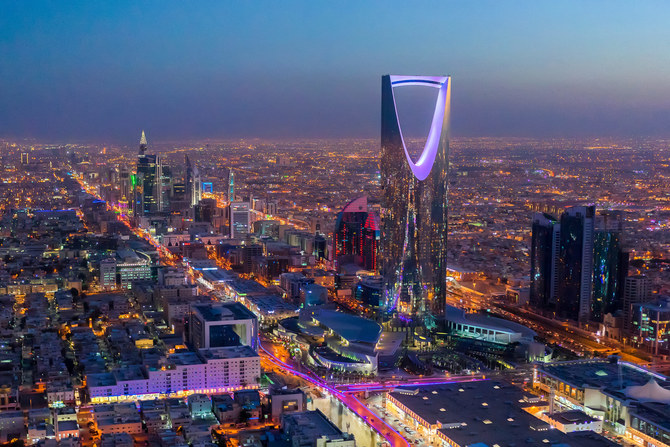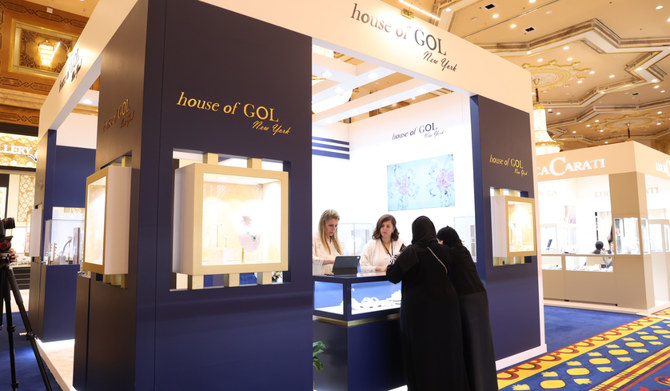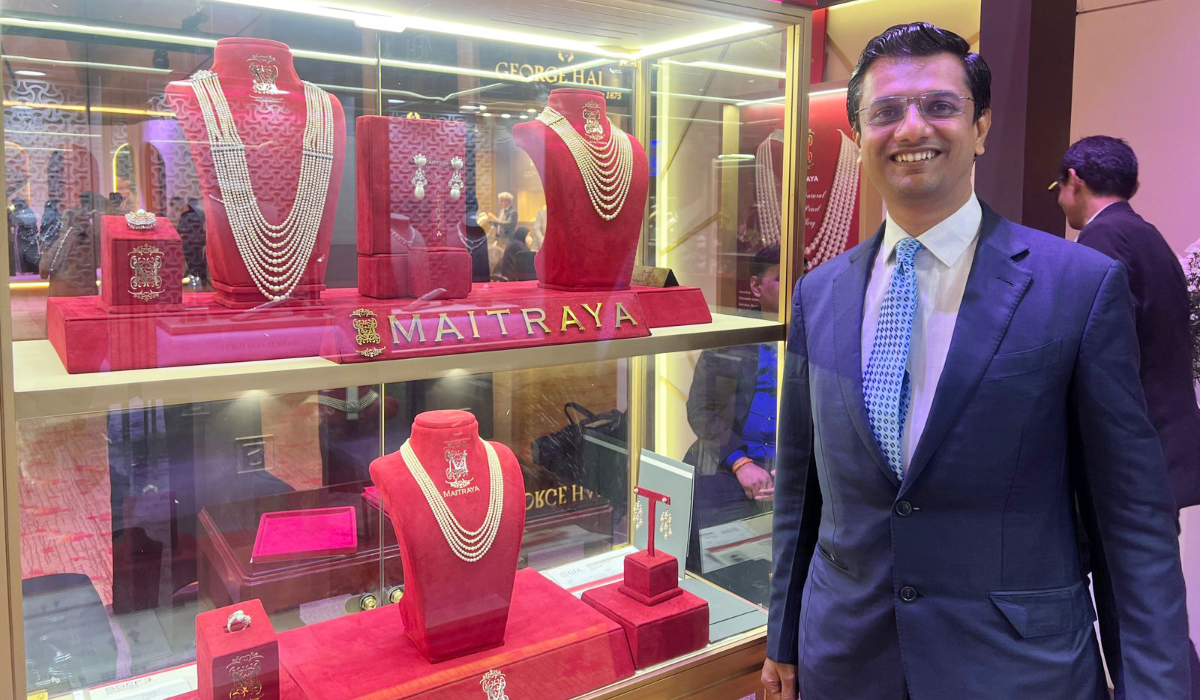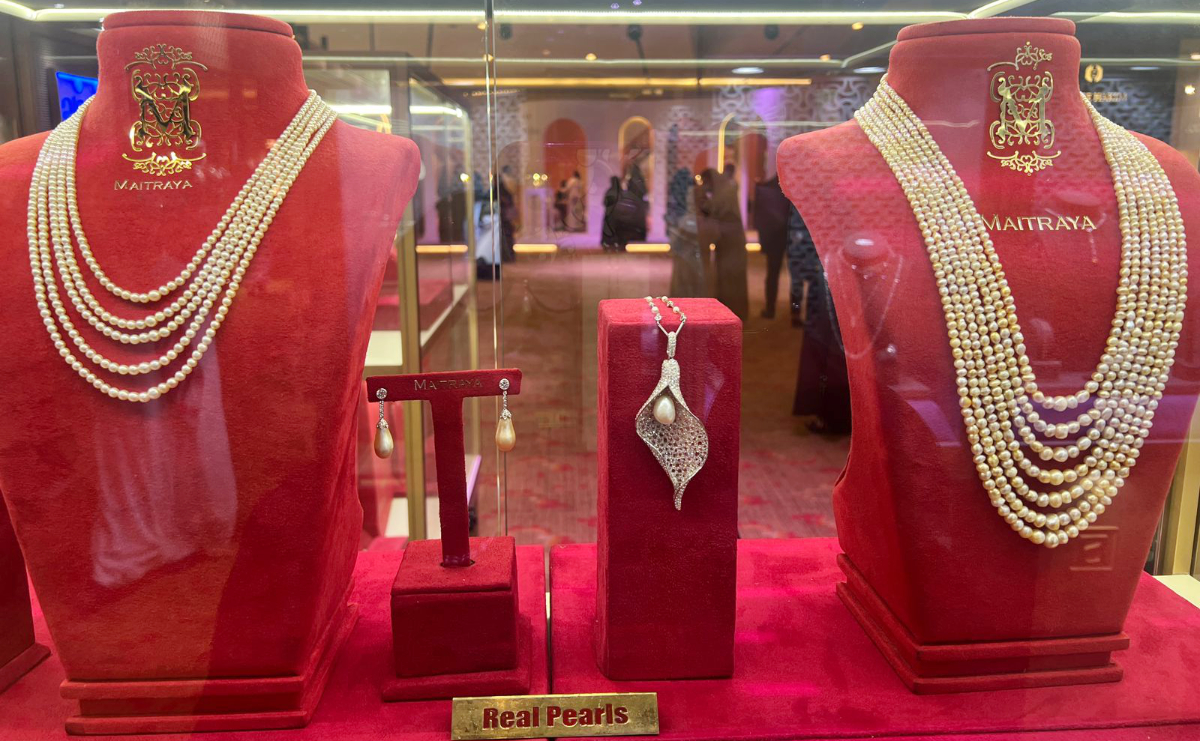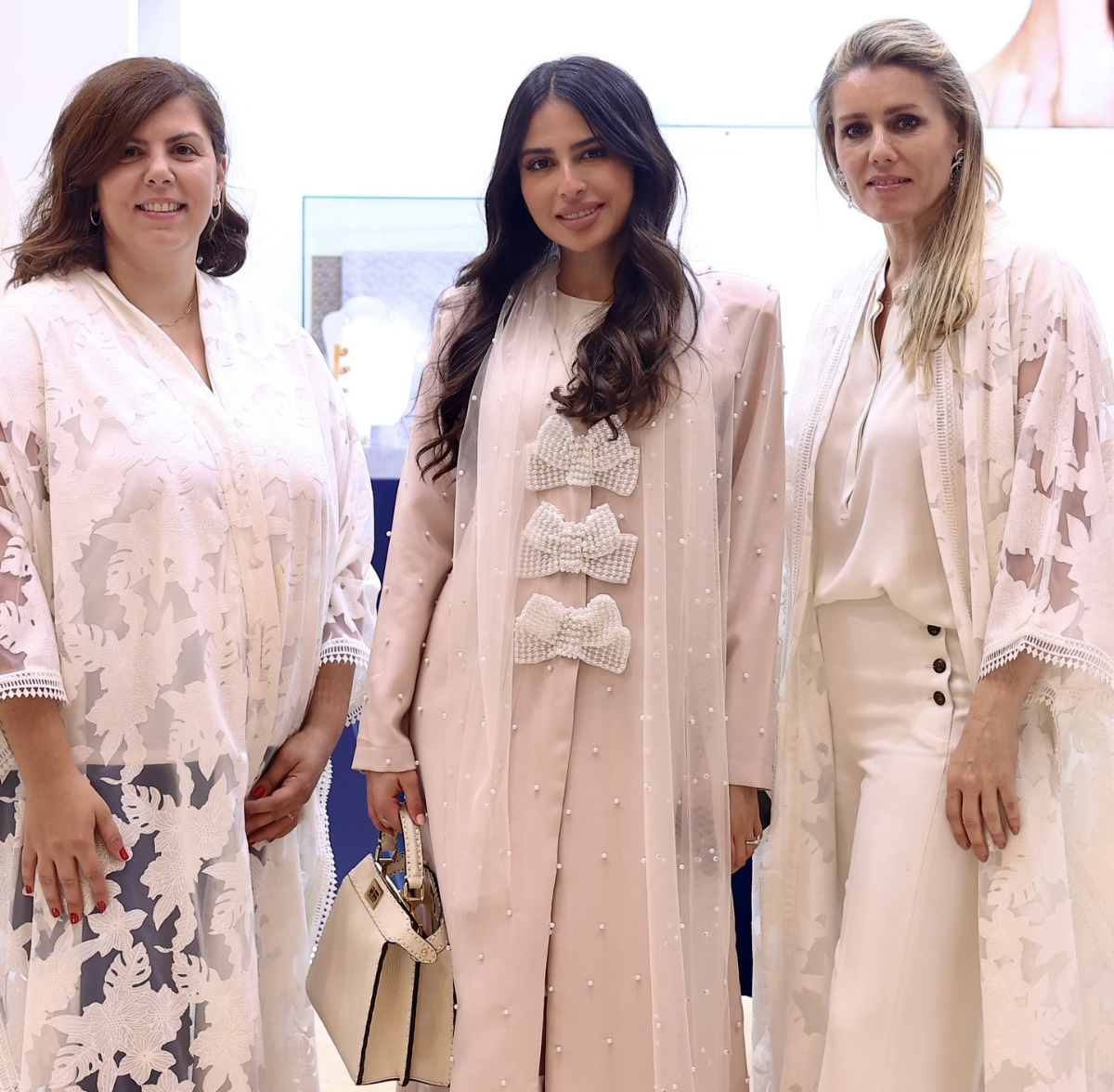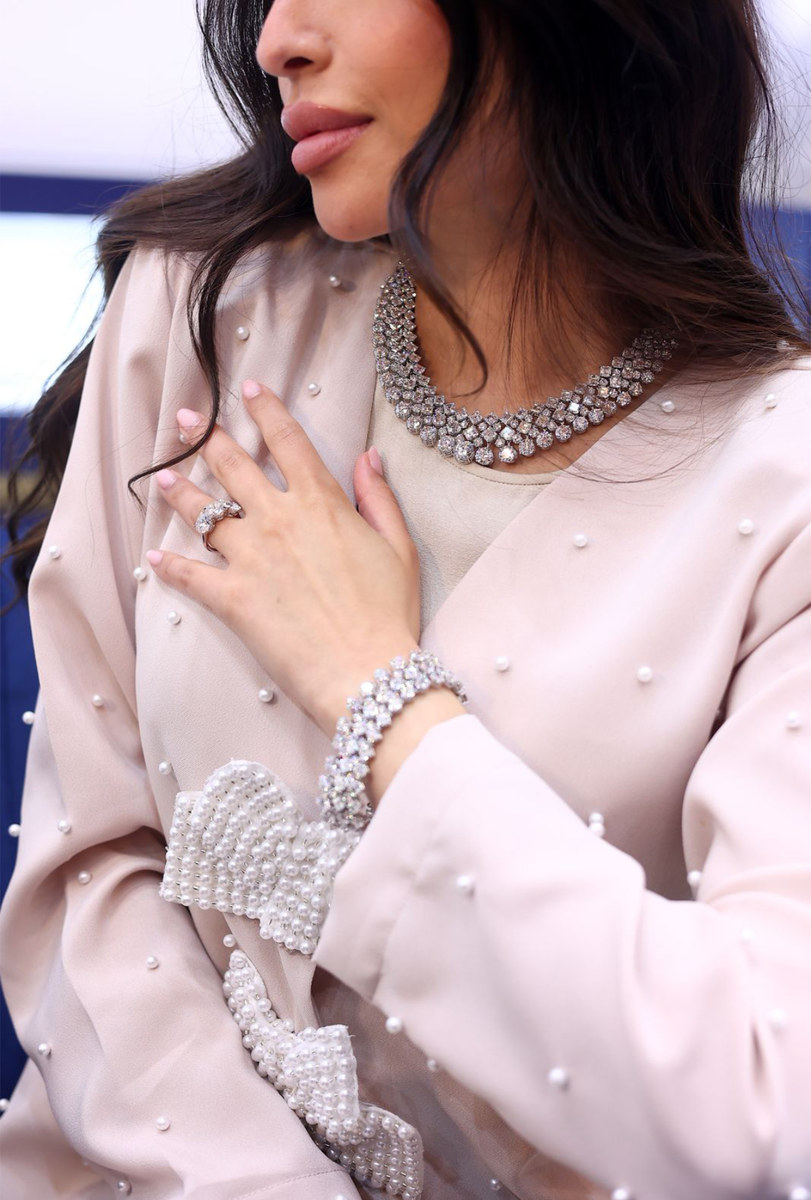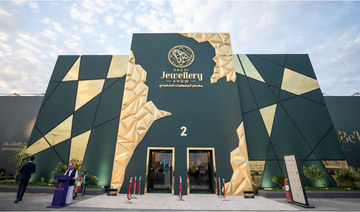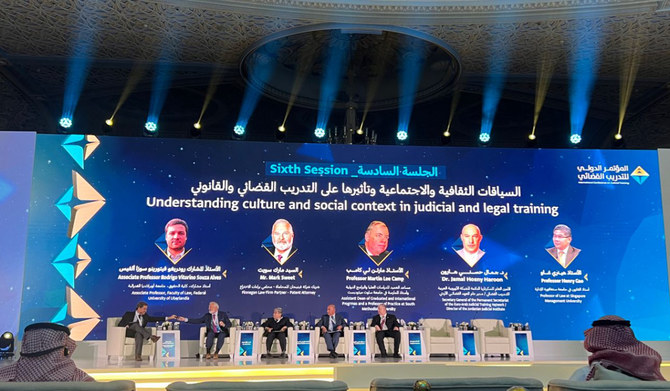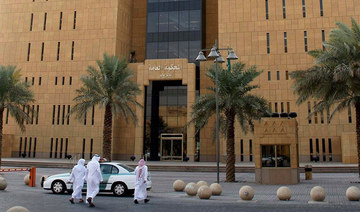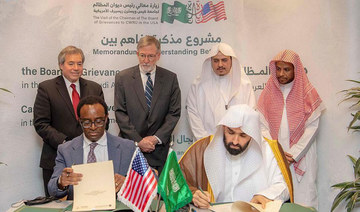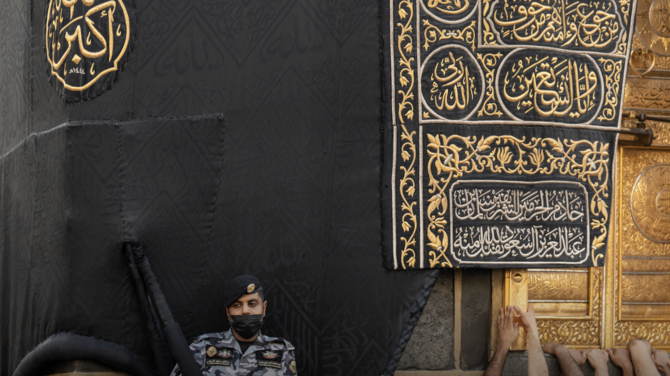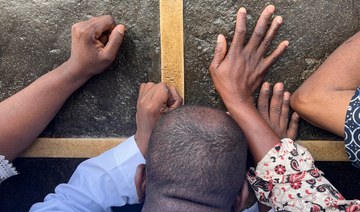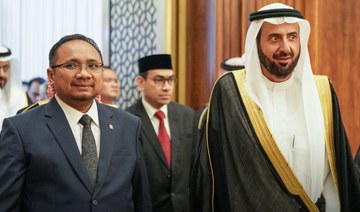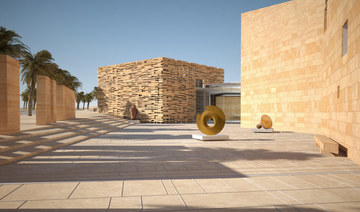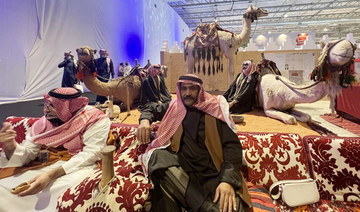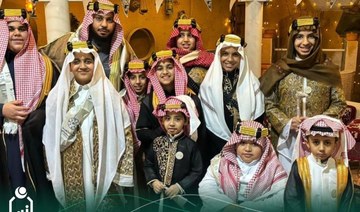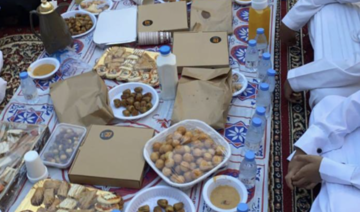RIYADH: Saudi Arabia’s gross domestic product is expected to grow at the highest rate in 10 years , to 7.5 percent in 2022, as the country steadily recovers from the pandemic, according to credit rating agency S&P.
S&P also updated its outlook for Saudi Arabia to positive, and assessed the Kingdom’s short and long-term foreign and local currency sovereign credit ratings to A-/A-2, Saudi Press Agency reported.
S&P report noted that the surplus in the Kingdom’s state budget is expected to be about 6.3 percent in 2022.
The credit rating agency further added that the positive outlook reflects its strength of GDP growth, healthy financial policies, and government reforms that aim to diversify the economy, which has been oil-dependent for several decades.
S&P noted that the Saudi economy’s productive capacity is expected to grow in the long run, as a result of developing the general finances and significant economic reforms.
The agency pointed out that there will be no dramatic rise in sovereign debt costs in the Kingdom, as most of the public debt portfolio is running at a fixed rate.
S&P added that inflation in Saudi Arabia is relatively low in comparison to its counterparts, and it is likely to remain under control as the government subsidizes fuel and food prices, along with tying the local currency with the relatively-strong US dollar.
A recent data released by the General Authority for Statistics revealed that Saudi Arabia’s annual inflation rate accelerated to three percent in August, up from 2.7 percent in July. The uptick in the Consumer Price Index is driven by a rise in food and beverage prices, which surged four percent in August.
“The food and beverages prices were the main drivers of the inflation rate in August 2022 due to their high relative importance in the Saudi consumer basket with a weight of 18.8 percent,” GASAT said in a press release.
Earlier in June, credit rating agency Moody’s Investors Service had affirmed Saudi Arabia’s rating at ‘A1’ with a stable outlook, primarily driven by the government’s fiscal policy effectiveness.
According to Moody’s report, the Kingdom’s GDP will grow at an average rate of 5 percent in the period 2021-2023.



